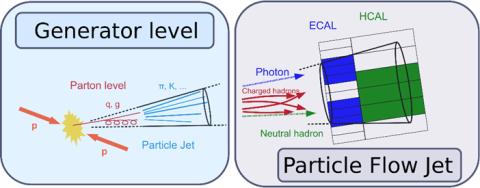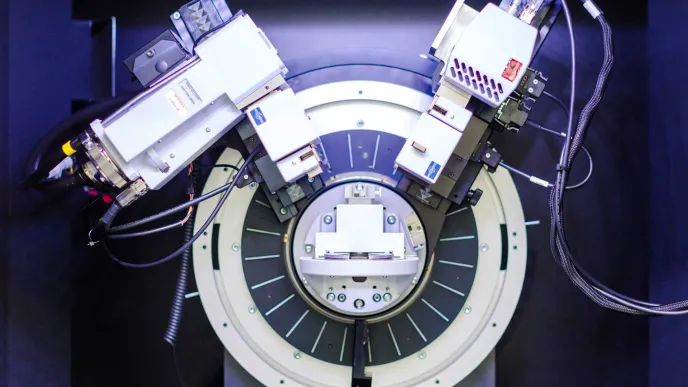Hadronic Jet Performance: Specializing in jet reconstruction and calibration, the team leverages also machine learning, including deep neural networks, to refine jet energy corrections and classification and reduce systematic uncertainties. These advancements enhance precision in fundamental measurements like the top quark mass and high-sensitivity searches for new physics. Group members have held and are holding important positions within CMS to coordinate and advance these efforts.
Vector Boson Scattering: We pursue the study of vector boson scattering (VBS) in the all-hadronic final state, an area traditionally considered extremely challenging. Supported by the Research Council of Finland through the ForVVard project and as a participant in the EU-funded COMETA COST action, the group contributes to the global understanding of electroweak symmetry breaking.
Real-Time Data Analysis: As a partner in the EU-funded SMARTHEP network and with our colleagues in the Computational Engineering department at LUT, our group explores real-time data analysis strategies. These techniques allow the analysis of reduced datasets at the hardware and software trigger level, improving the efficiency of data collection and enabling faster physics insights, but also being applicable in industry contexts. HL-LHC Readiness: With the LUT Experimental Physics Instrumentation Group being actively involved in the CMS Tracker and MTD upgrades for the High Luminosity LHC (HL-LHC), the focus of our group is on contributing both to detector calibration and the development of advanced analysis techniques suitable for the extreme data rates expected in the upcoming experimental phase.
Project manager

Henning Kirschenmann
Research areas
The group focuses on advancing the precision of Standard Model measurements and searching for new physics through cutting-edge data analysis techniques.
Infrastructure
The group trains future physicists through MSc and PhD projects using CMS datasets and Open Data, offering hands-on research experience and global collaboration opportunities. Partnerships with industry and other fields ensure innovations benefit society beyond particle physics. Combining machine learning, student involvement, and international teamwork, the group drives both scientific discovery and technological advancement in experimental particle physics.

Comparison of particle jets at the generator level (left) and particle flow reconstruction in the CMS detector (right).
Group members




